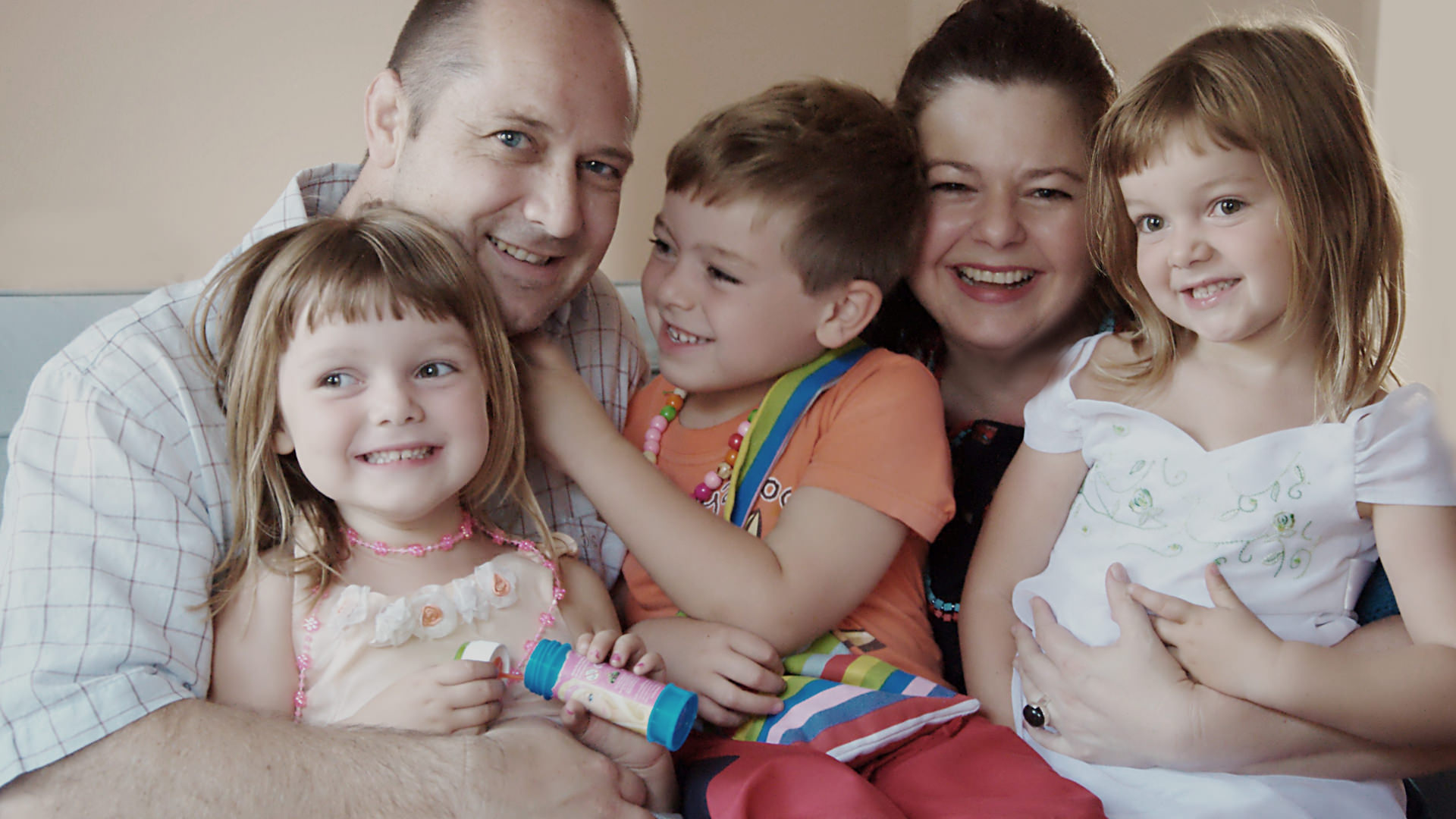HSBS Family Law Solicitors
“HSBS Law really helped get me through the most difficult time of my life. They showed me compassionate, support and sensitivity … I don’t know where I would be without them”
If you’re looking for family law information or legal advice, we understand that this may be a difficult, emotional and often confusing time for you. It’s important to remember that you’re not alone and support is at hand.
At HSBS Law, we believe in showing all clients the utmost empathy, confidentiality and sensitivity as we work with you to understand your situation. As a law firm, we are not only compassionate Family Law specialists but we are Family Law enthusiasts and this area of law is a core passion of ours. We understand that the outcome of your case will has a lasting impact on your future, so we aim to demonstrate genuine sensitive support, whilst providing you with skilled legal representation.
We have worked with a number families and individuals across various nationalities in the most complex of situations involving children, finances and businesses. Our team has built up a strong experience and will be on your side, helping you make the best decisions for your future in the most favourable and amicable way possible.


